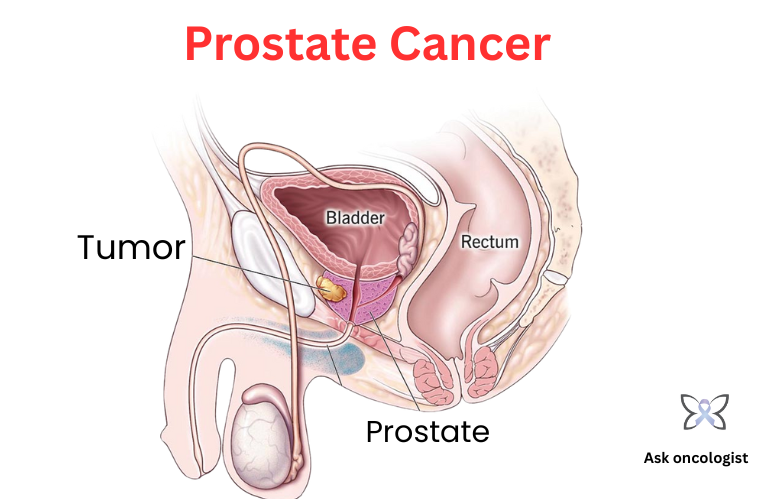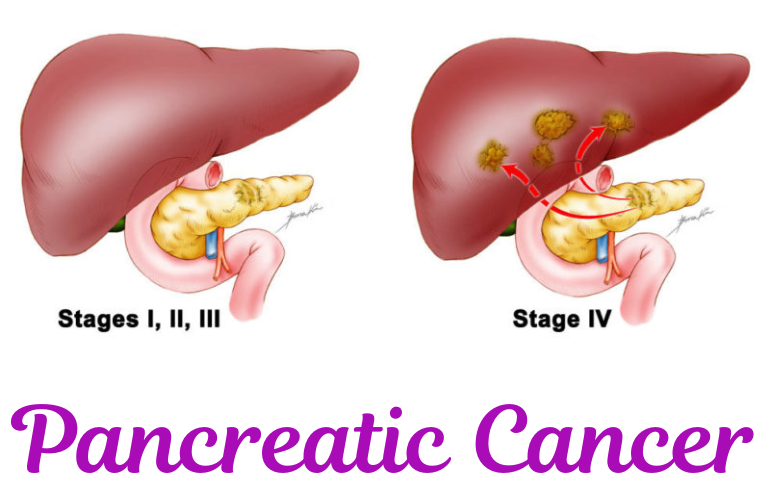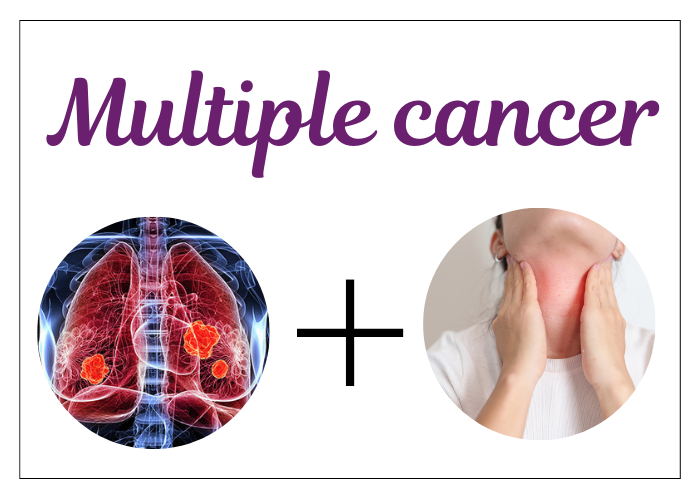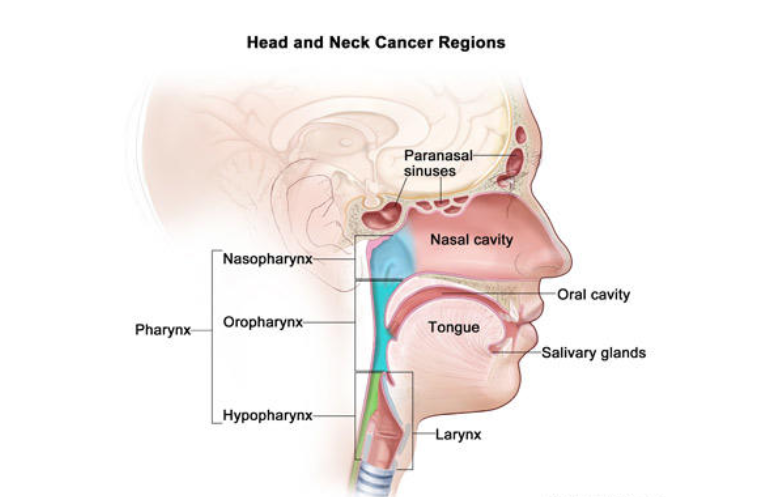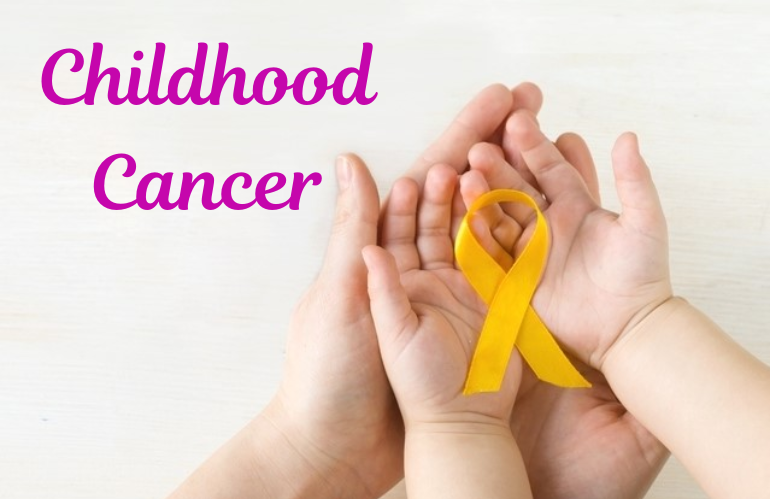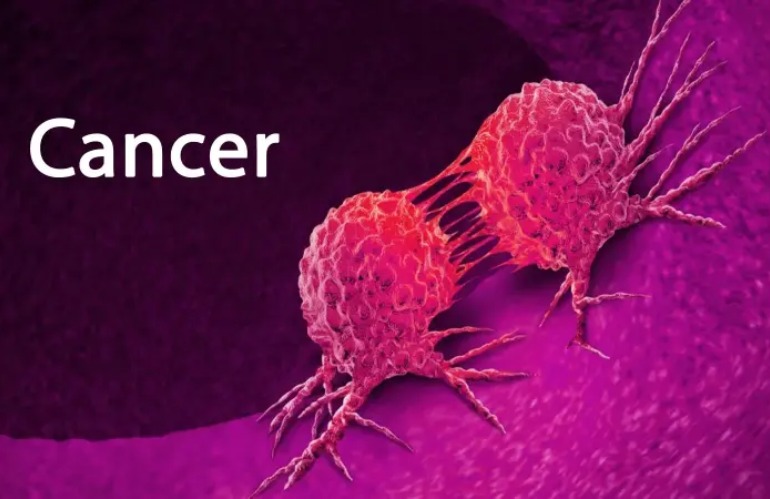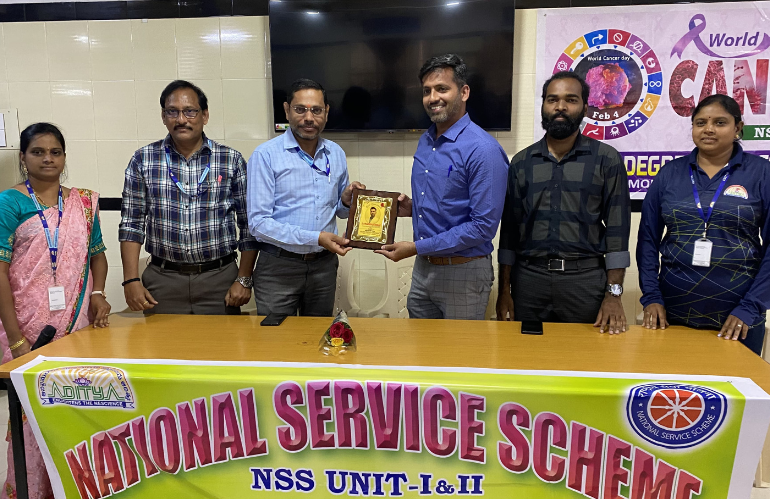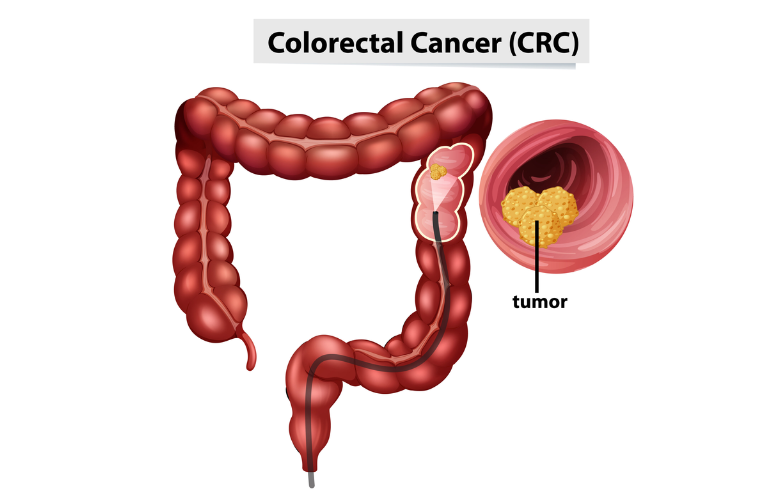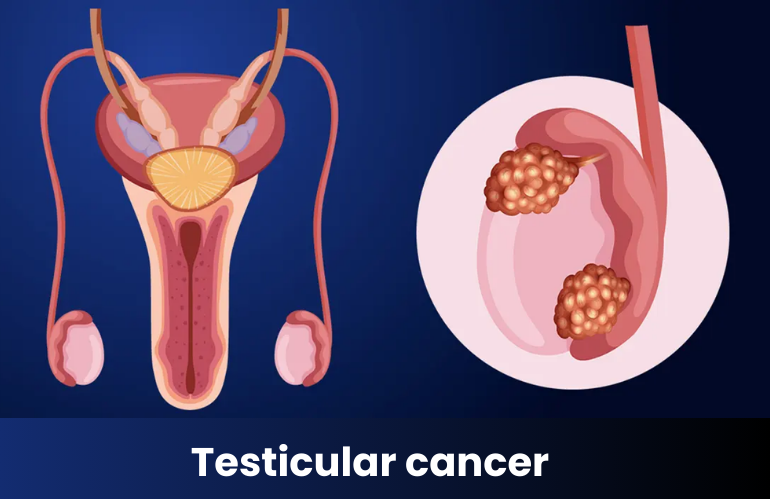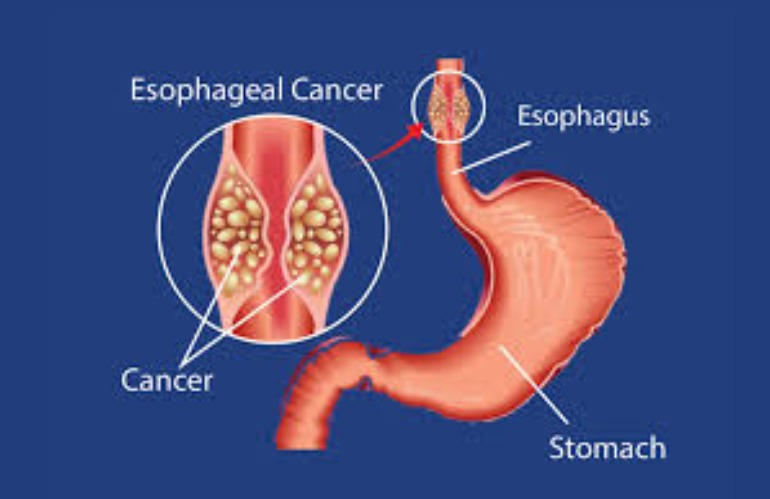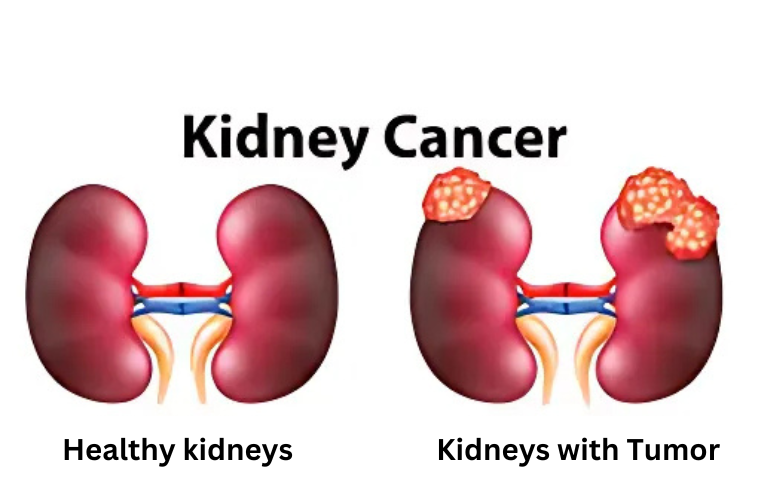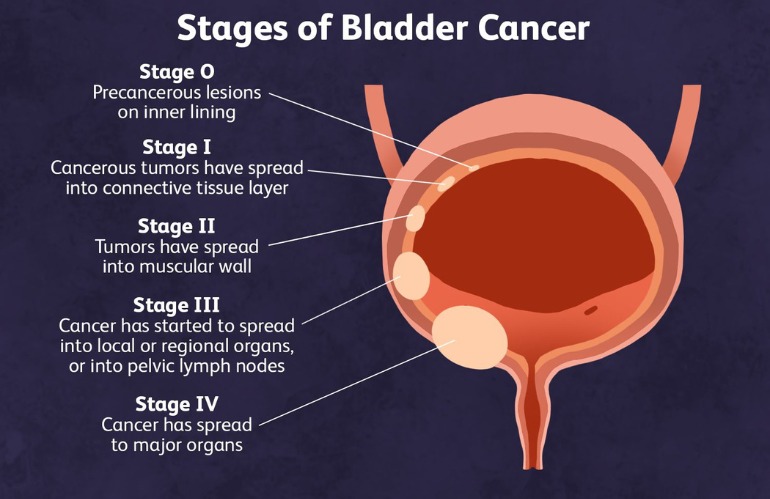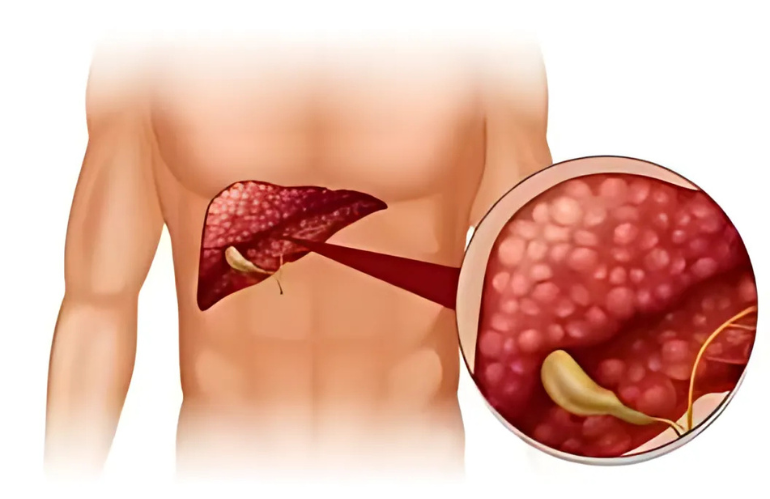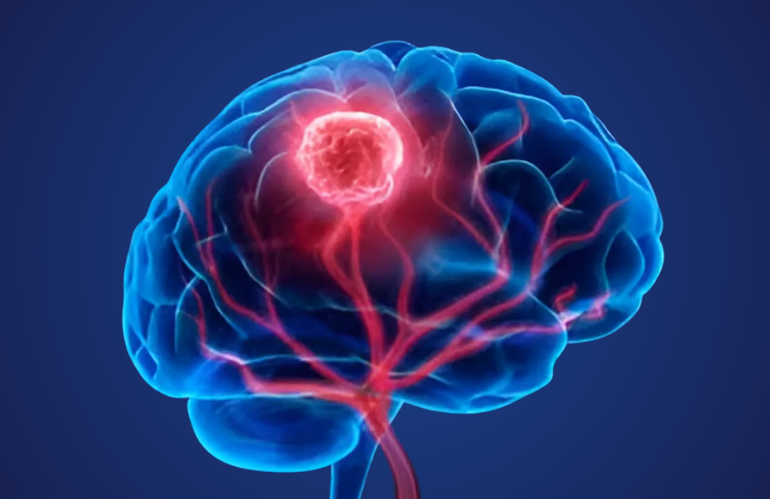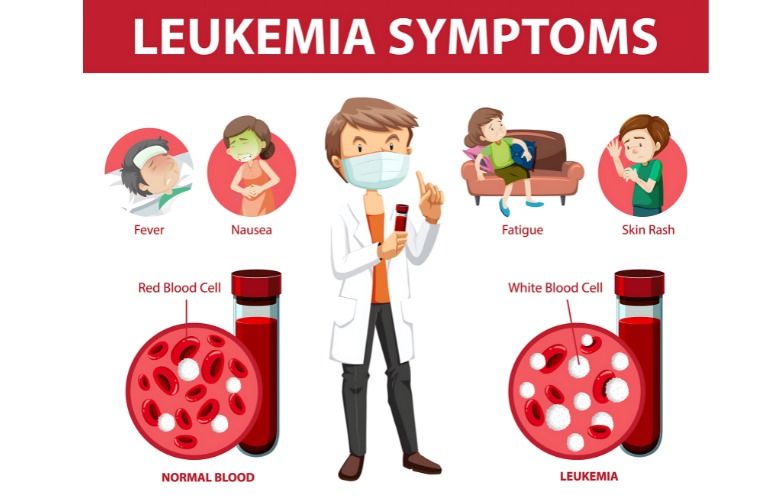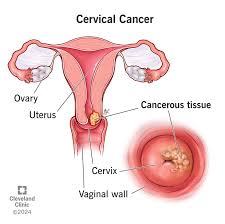Understanding Childhood Cancer: Causes, Survival, and Prevention By cancer specialist Doctor Dr. Pradeep Bhaskar
What is Childhood Cancer?
Childhood cancer refers to the development of abnormal cells in children, leading to uncontrolled growth and spread of tumors. Unlike adult cancers, which are often linked to lifestyle and environmental factors, childhood cancers primarily arise due to genetic mutations and other unknown factors. The most common types of childhood cancers include leukemia, brain tumors, neuroblastoma, Wilms tumor, and lymphoma.
If you are searching for the best oncologist in Kakinada or need expert consultation, Dr. Pradeep Bhaskar provides specialized childhood cancer treatment in Kakinada, offering advanced therapies for young patients.
Why Does Cancer Affect Children?
While the exact causes of childhood cancer remain unclear, several factors contribute to its development, including:
- Genetic mutations: Spontaneous changes in DNA during fetal development can lead to uncontrolled cell growth.
- Inherited genetic predisposition: Some children inherit mutated genes from their parents, increasing their risk.
- Environmental exposures: Although rare, exposure to radiation, toxins, or infections may contribute to cancer in some cases.
- Weakened immune system: Children with congenital or acquired immune deficiencies are more susceptible to cancers.
For families in need of expert guidance, consulting a pediatric oncologist in Kakinada can help with early diagnosis and personalized treatment options.
Survival Rate of Childhood Cancer
Thanks to advancements in medical technology, early diagnosis, and effective treatment options, the survival rate for childhood cancer has significantly improved. In developed countries, the survival rate for many childhood cancers exceeds 80%. However, access to timely and advanced treatment plays a crucial role in outcomes. Cancer specialists in Kakinada are continuously improving survival rates through modern pediatric oncology services.
Life After Survival: Can They Lead a Normal Life?
Most childhood cancer survivors can live healthy and fulfilling lives after recovery. However, some may experience long-term effects due to treatments such as chemotherapy, radiation, or surgery. Common post-treatment concerns include:
- Growth and developmental delays
- Learning difficulties
- Heart and lung issues
- Fertility concerns in adulthood
- Increased risk of secondary cancers
With proper medical follow-up, lifestyle adjustments, and supportive care, childhood cancer survivors can lead normal lives, pursue education, careers, and even start families. Parents looking for guidance on post-treatment care should consult a childhood cancer specialist to ensure the best outcomes for their child.
Can Blood Relation Marriages Cause Childhood Cancer?
Consanguineous marriages (marriages between close relatives) increase the risk of passing on genetic disorders. While not a direct cause of cancer, these marriages can lead to:
- Higher chances of inheriting defective genes
- Increased risk of congenital anomalies
- A predisposition to certain hereditary cancers
If you have a family history of cancer, genetic counseling with a pediatric oncologist in Kakinada can help assess risks and guide preventive measures.
Precautions for Parents to Prevent Childhood Cancer
While childhood cancer cannot always be prevented, parents can take the following precautions to reduce risks:
- Genetic Counseling – If there is a family history of cancer or genetic disorders, consulting a genetic specialist before planning a child can be beneficial.
- Healthy Lifestyle – Ensuring a nutritious diet, regular physical activity, and a toxin-free environment during pregnancy.
- Avoid Radiation Exposure – Limiting unnecessary radiation exposure, especially during pregnancy.
- Regular Pediatric Check-ups – Early detection of any abnormal symptoms can lead to timely intervention and better outcomes.
For families seeking childhood cancer treatment in Kakinada, it's essential to choose a trusted radiation oncologist in Kakinada who specializes in pediatric care.
Conclusion
Childhood cancer is a challenging journey for both children and their families. However, with advancements in diagnosis, treatment, and supportive care, survival rates have significantly improved. Raising awareness, promoting early detection, and encouraging preventive measures are essential steps in the fight against childhood cancer. If you have concerns about genetic risks, book an appointment with a pediatric oncologist to understand the best approach to ensuring a healthy future for your child.
For more information, expert insights, and cancer-related awareness, visit Ask Oncologist.comDr. Pradeep Bhaskar’s platform dedicated to guiding and educating people on cancer-related topics. If you or someone you know is looking for the best cancer treatment for children, expert help is just a consultation awa

